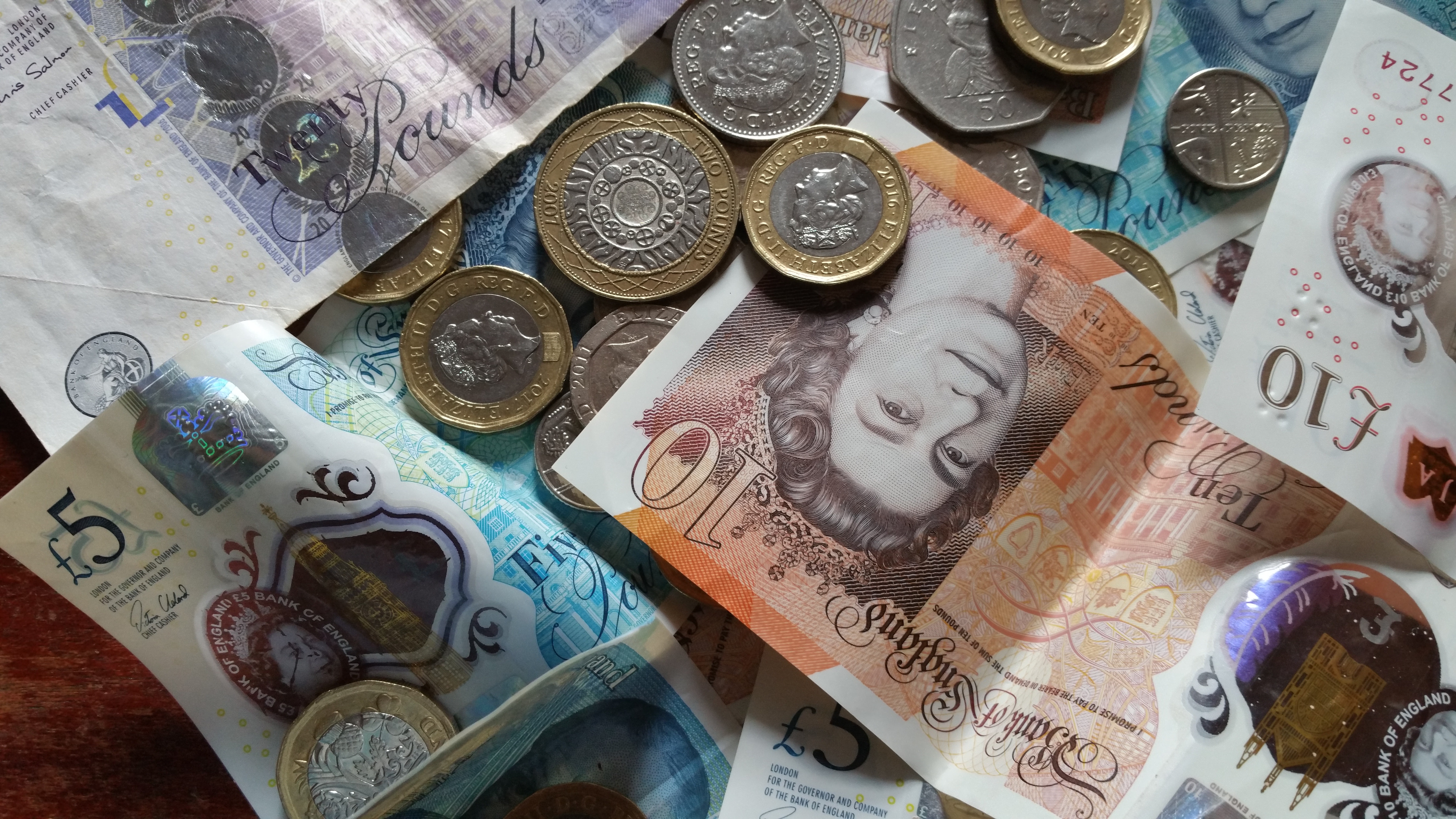Is cash king again? How to keep your money safe
A guide to keeping your finances secure by Furness Building Society
As the UK continues to grapple with a turbulent economic situation and average incomes are under pressure due to the rising cost of living, it appears many have turned to alternative ways of managing their money.
The Post Office recently announced its highest personal withdrawals of cash since records began five years ago - so it seems cash is king again when it comes to personal finance. Despite technological advances over the last few years, cold hard cash is the preferred money management method for many during turbulent times.

But are you confident you’re keeping your money as secure as possible?
Perhaps you’re one of the few who have adopted this cash only approach to purchasing. Maybe you’re even resorting to saving your money in cash at home. If either of these ring true or you’re simply curious about the advantages of saving with a building society or bank, we’ve set out some of the best ways to keep your money safe.
Next steps
Whilst many believe that cash is king during a recession, it’s absolutely vital to not swap your financial habits too much, as this could put you in a vulnerable position. Ensure you always keep your savings in a secure account and minimise the risk of potential loss.
If you’re interested in setting up a secure place to hold your finances, get in touch with our dedicated team of experts today. Send us a message, call our team on 0800 834312 or visit us in branch to find out more about how our savings accounts can help you.
